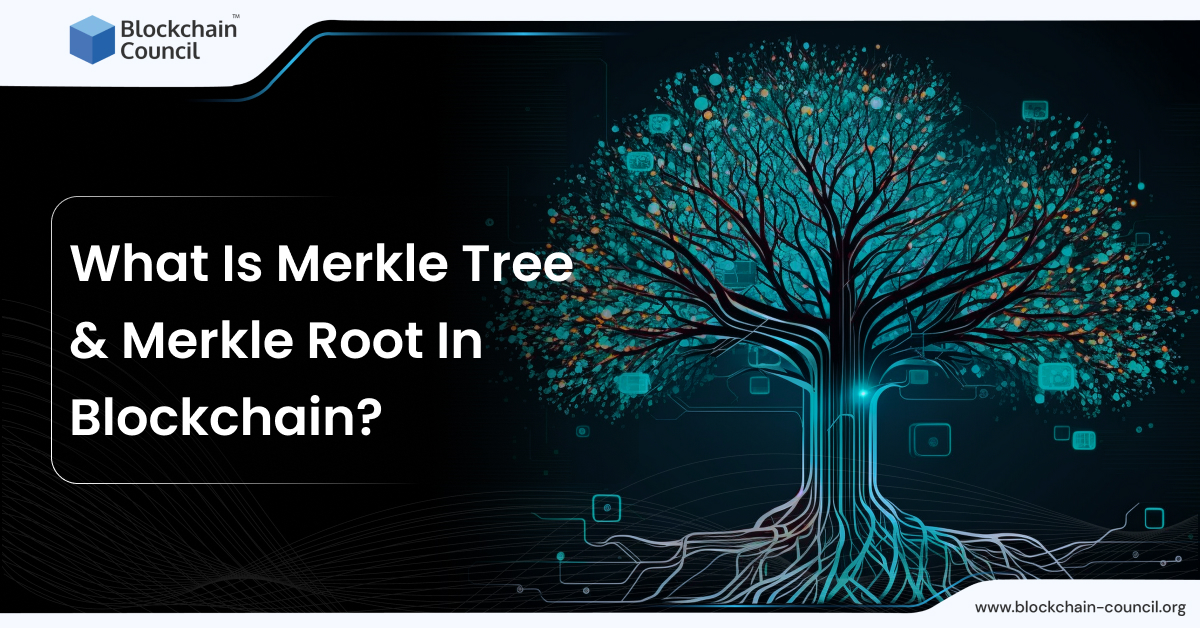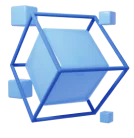
How to Mine Bitcoin?
How Can I Mine Bitcoin? To mine Bitcoin, set up a powerful computer with specialized hardware (ASICs). Download and configure Bitcoin mining software, and join

How Can I Mine Bitcoin? To mine Bitcoin, set up a powerful computer with specialized hardware (ASICs). Download and configure Bitcoin mining software, and join

What is Push and Pull Strategy? Push and Pull strategies are two fundamental approaches to managing the flow of goods and services from production to

What is the Merkle tree in Blockchain? Merkle trees, or hash trees, are vital in cryptography and computer science, with Ralph Merkle patenting the concept

Summary A smart contract is a self-executing code that runs on a Blockchain network. A smart contract auditor ensures the code is secure, bug-free, and

Summary Blockchain is a decentralized, secure digital ledger that records transactions across multiple devices and has applications in various industries. To become a Blockchain expert,

We live in a world of technology and innovation. Artificial Intelligence (AI) is a powerful tool in today’s world to analyze vast amounts of data

Table of Contents Introduction NFTs, or non-fungible tokens, are digital assets that allow the ownership and provenance of digital art and other online media to be

Non-fungible tokens (NFT) have gained enormous traction over the past two years, with prestigious projects like Bored Ape Yacht Club (BAYC) and CryptoPunks selling for

What is an NFT? Before we answer the question, “how to mint an NFT?” let’s briefly discuss what an NFT is. An NFT, or non-fungible

Blockchain network appears to be accelerating in terms of economic development at the moment. The innovation that was established in 2009 to help Bitcoin is


Welcome to the Blockchain Council, a collective of forward-thinking Blockchain and Deep Tech enthusiasts dedicated to advancing research, development, and practical applications of Blockchain, AI, and Web3 technologies. Our mission is to foster a collaborative environment where experts from diverse disciplines share their knowledge and promote varied use cases for a technologically advanced world.
Blockchain Council is a private de-facto organization of experts and enthusiasts championing advancements in Blockchain, AI, and Web3 Technologies. To enhance our community’s learning, we conduct frequent webinars, training sessions, seminars, and events and offer certification programs.
To receive Offers & Newsletters
50,000+ Professionals Certified so far by Blockchain Council

Coupon
expires in
Enroll today in any of the popular certifications curated as per the Industry trends.
